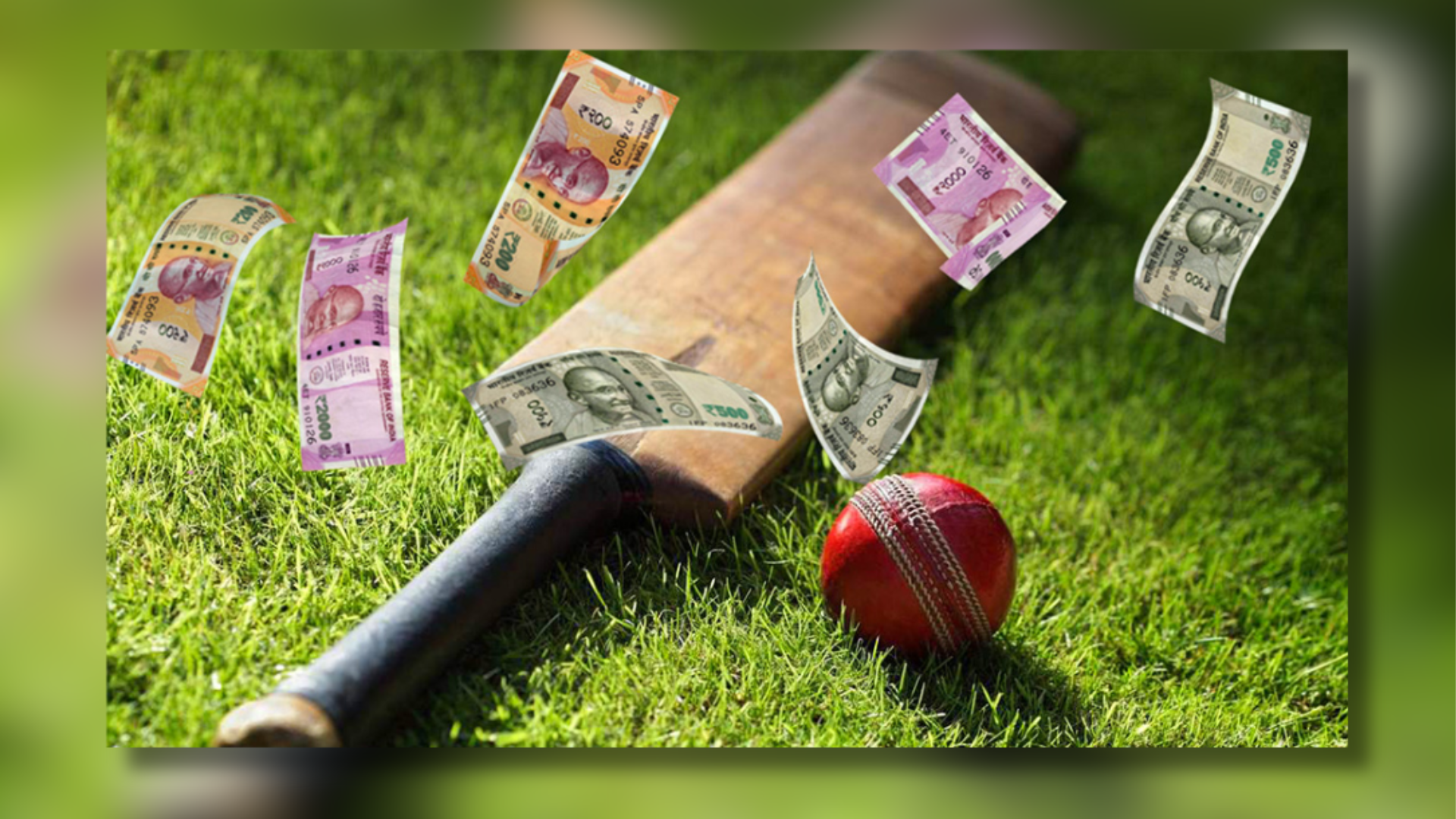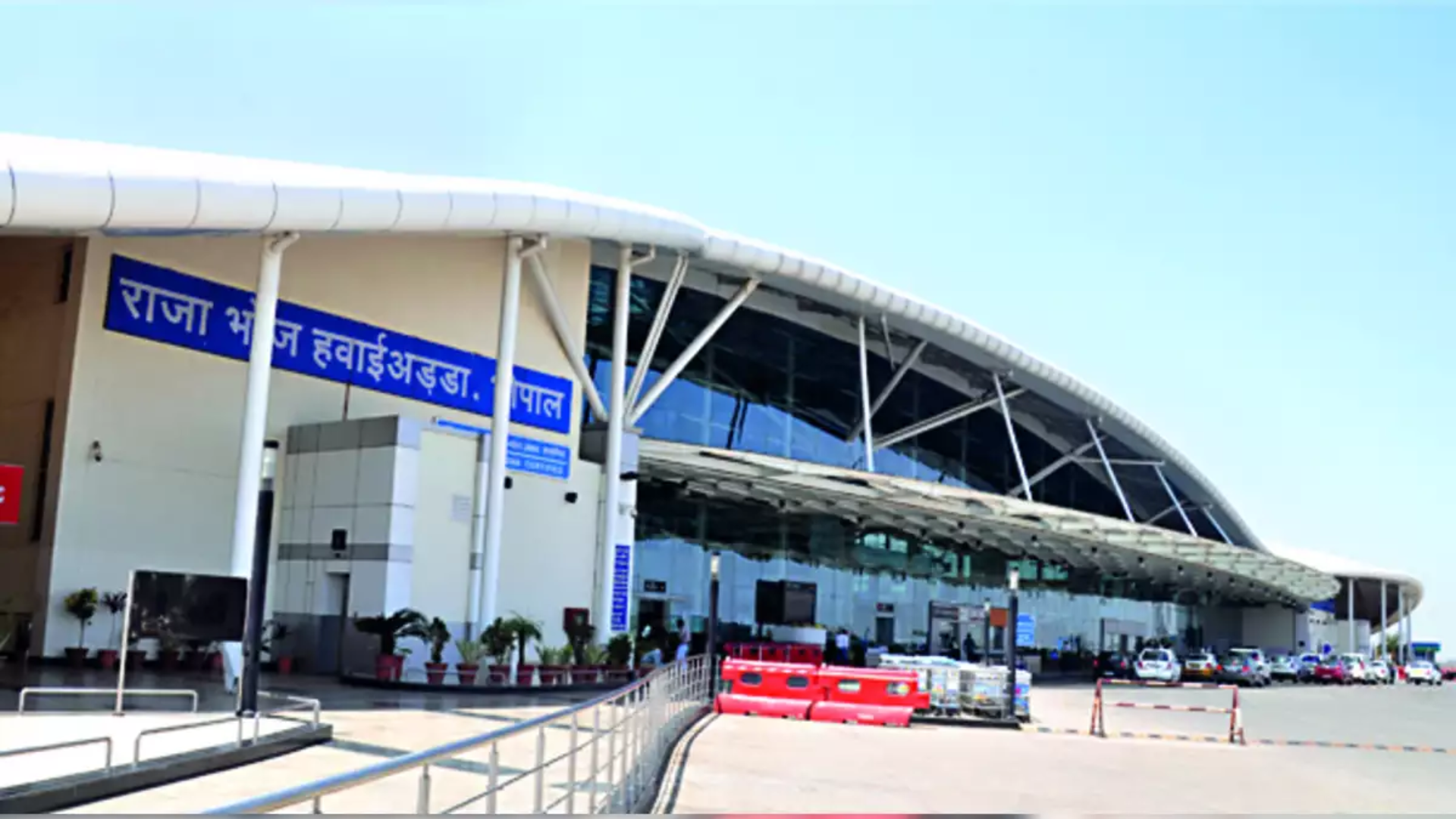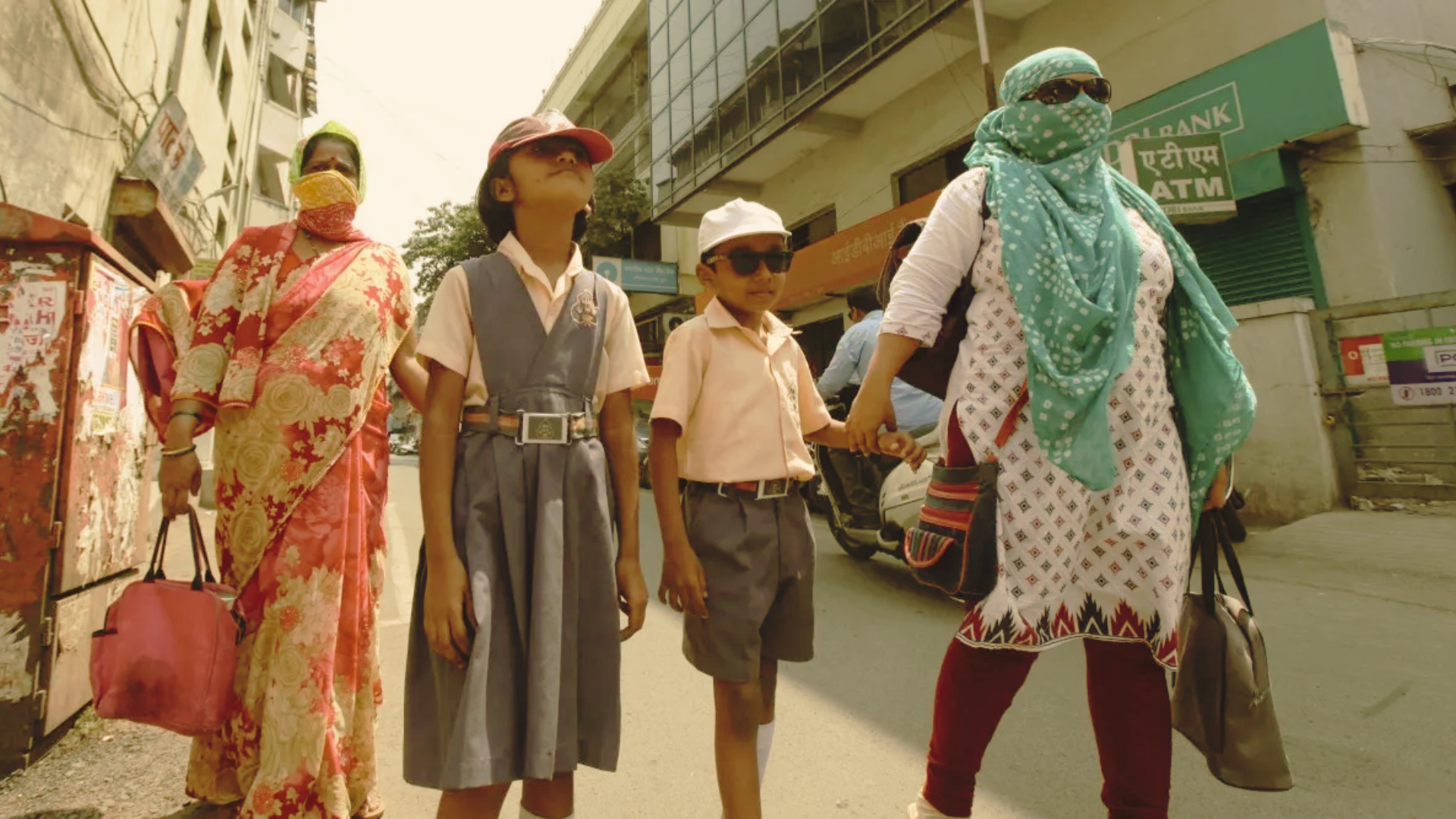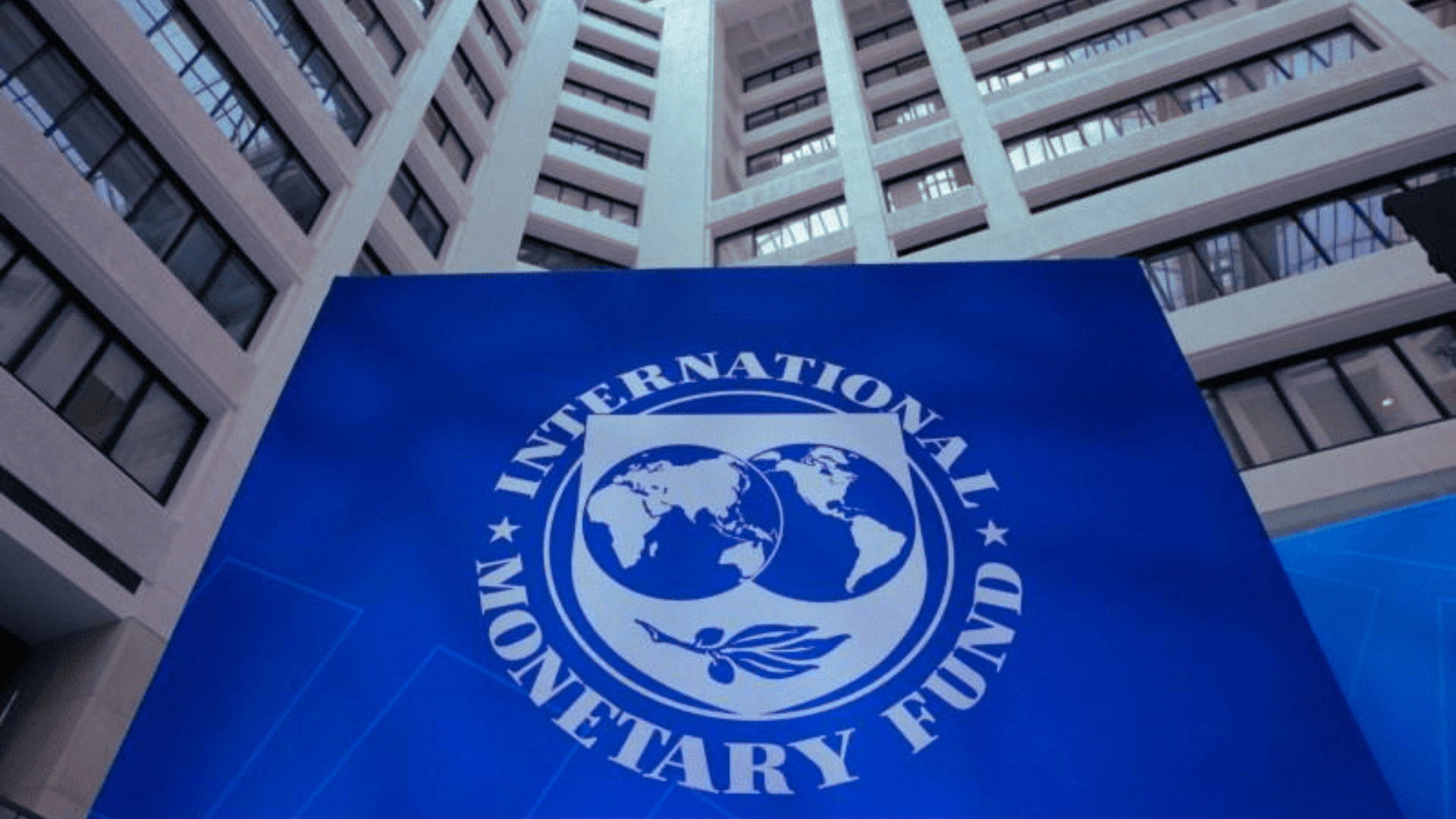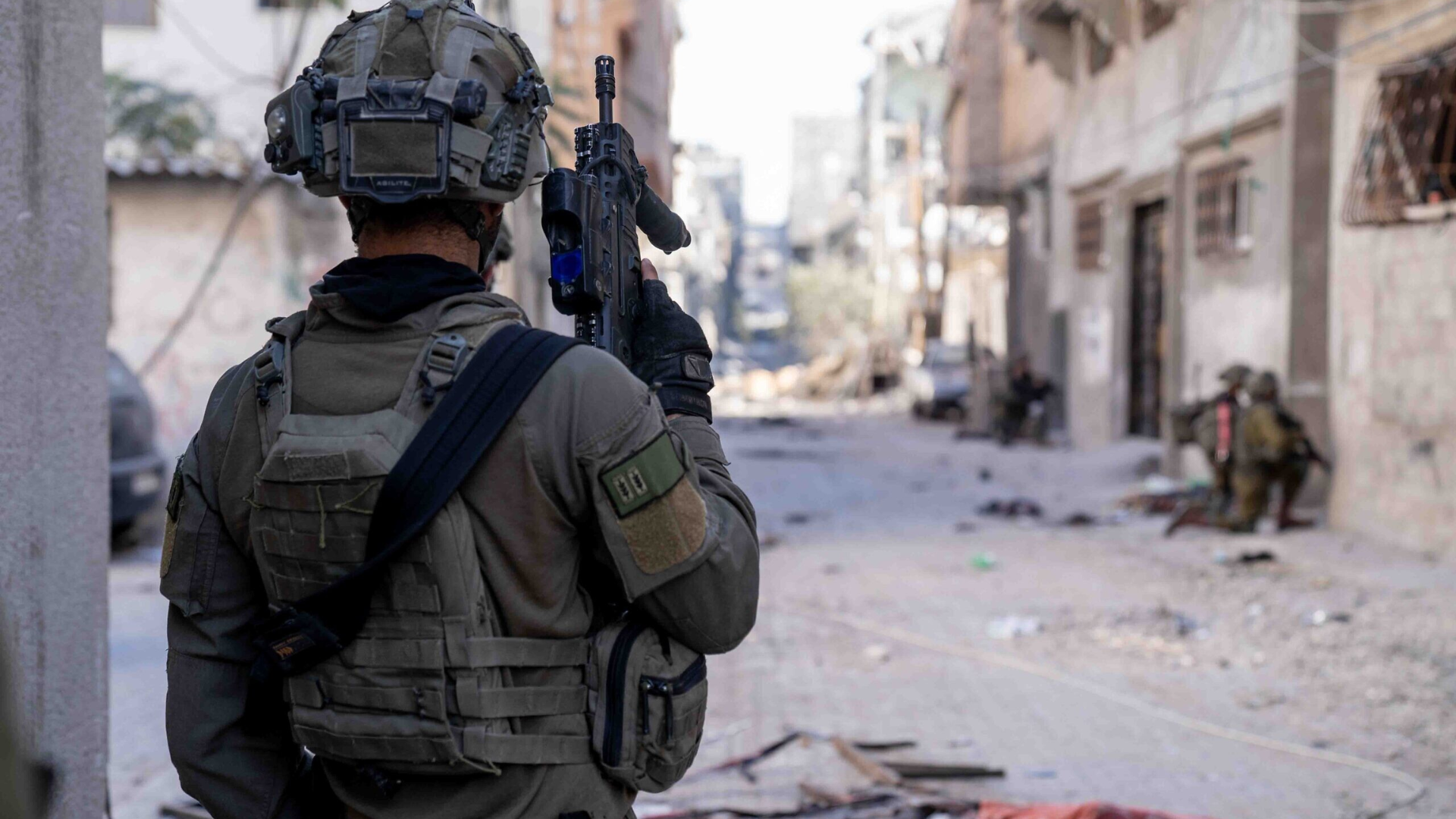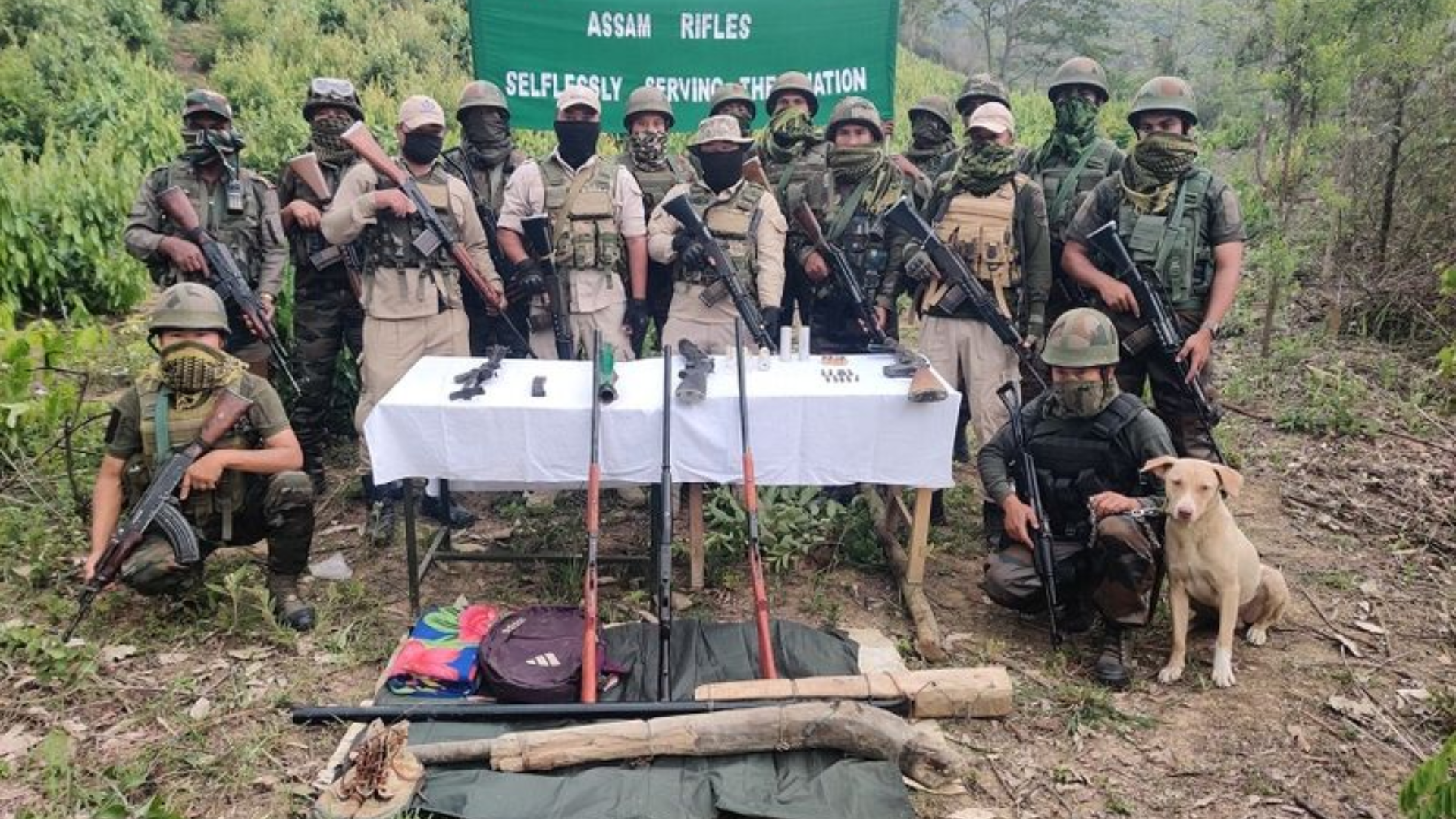


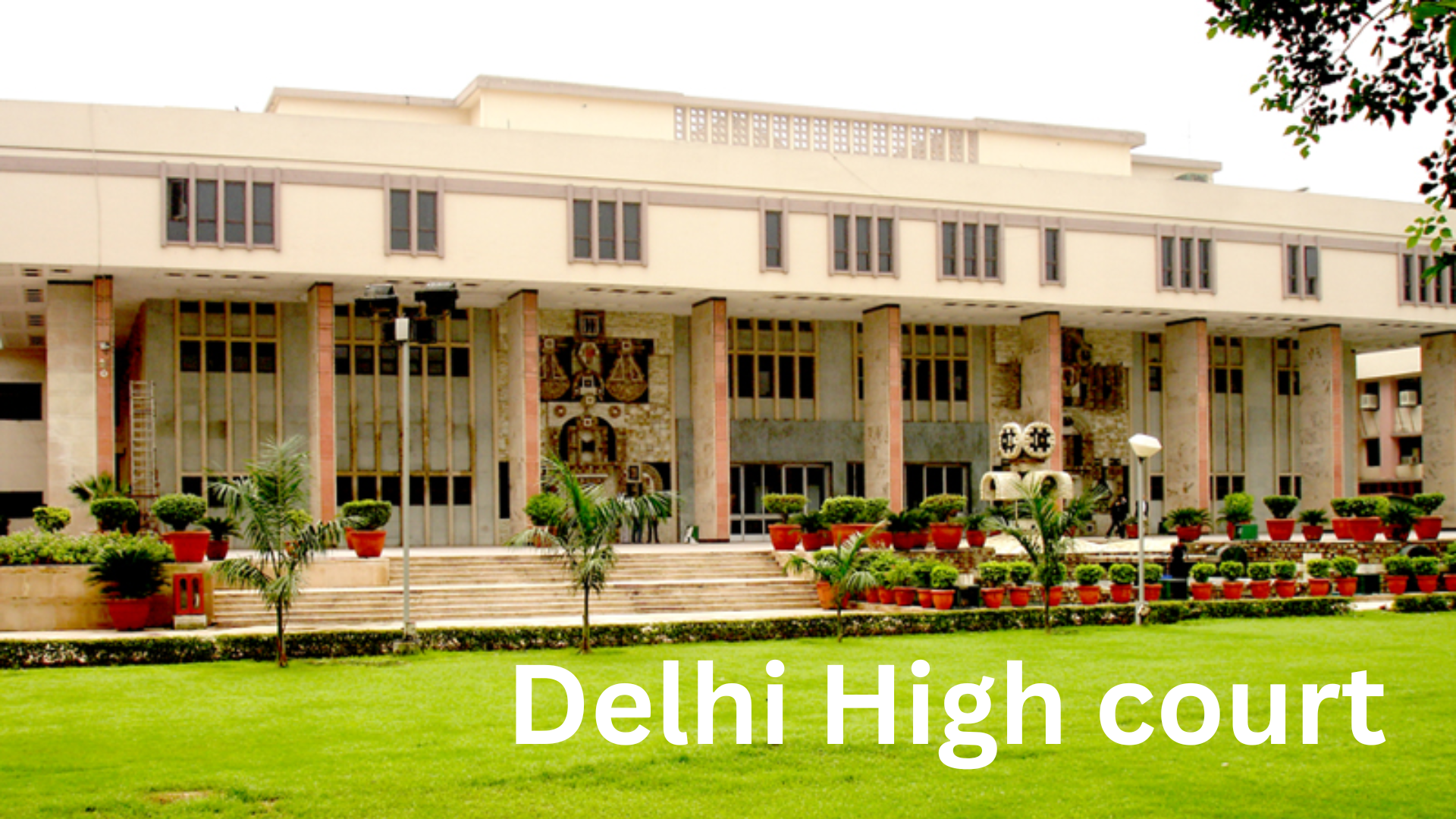
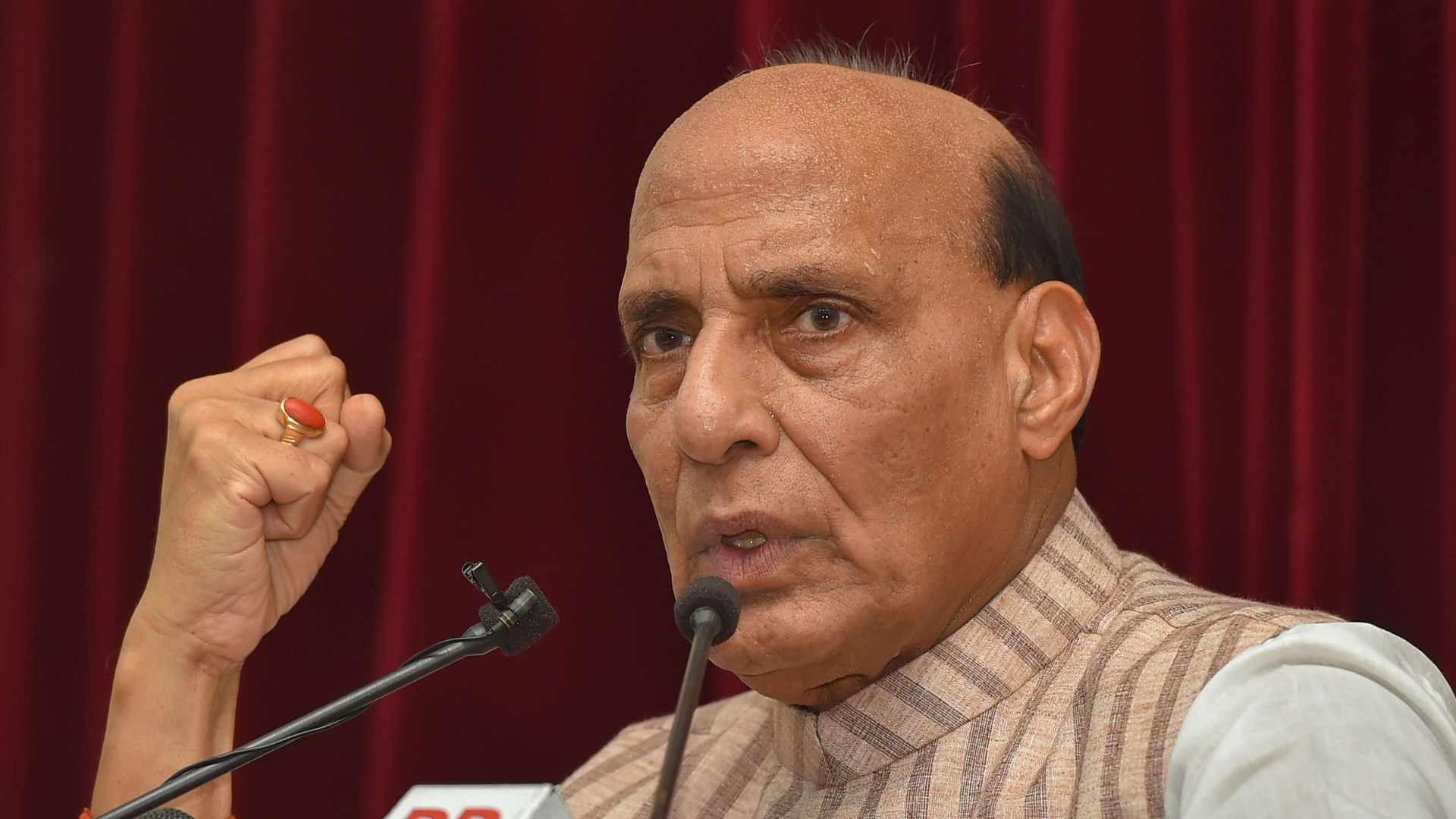

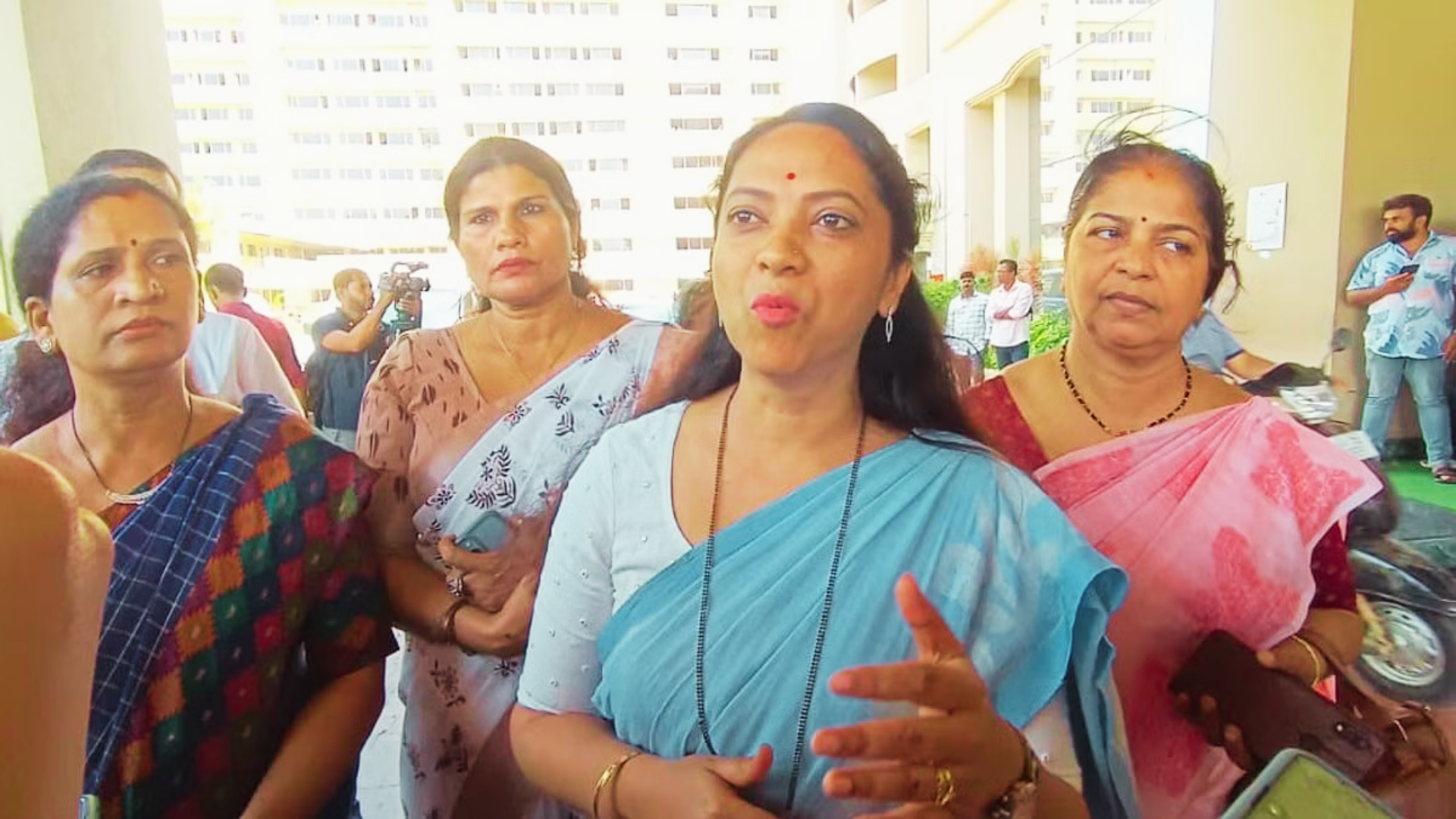

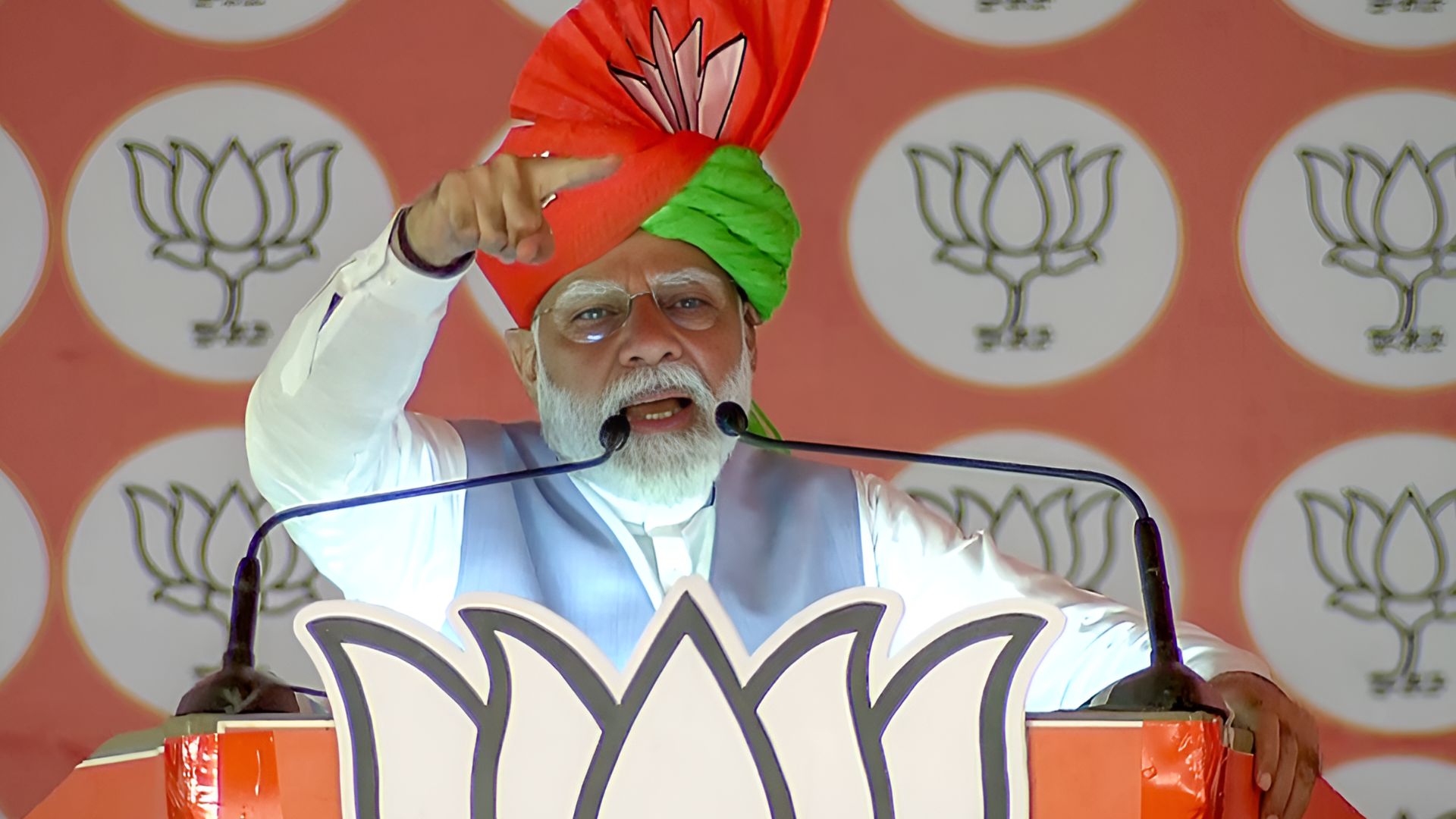
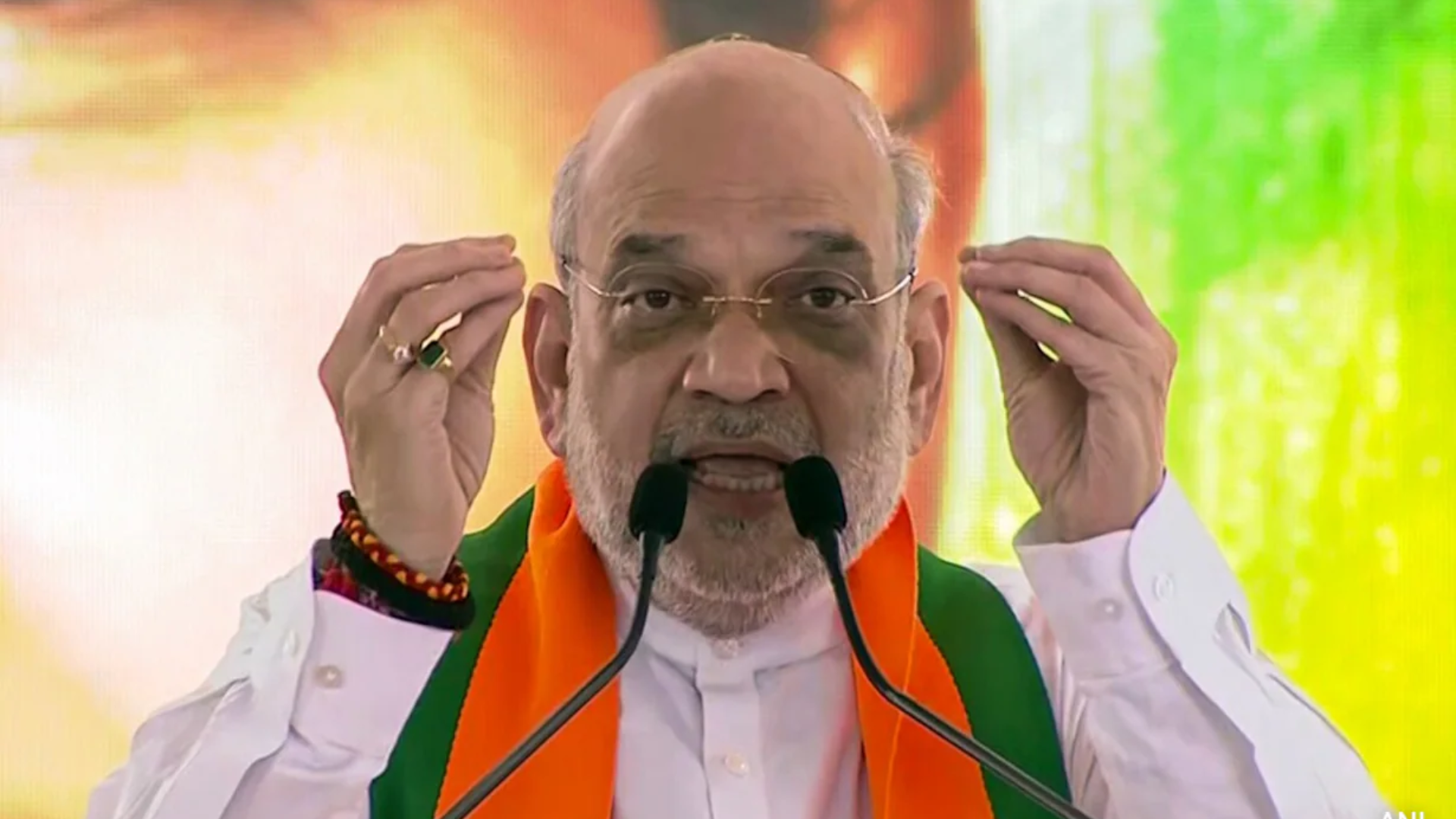
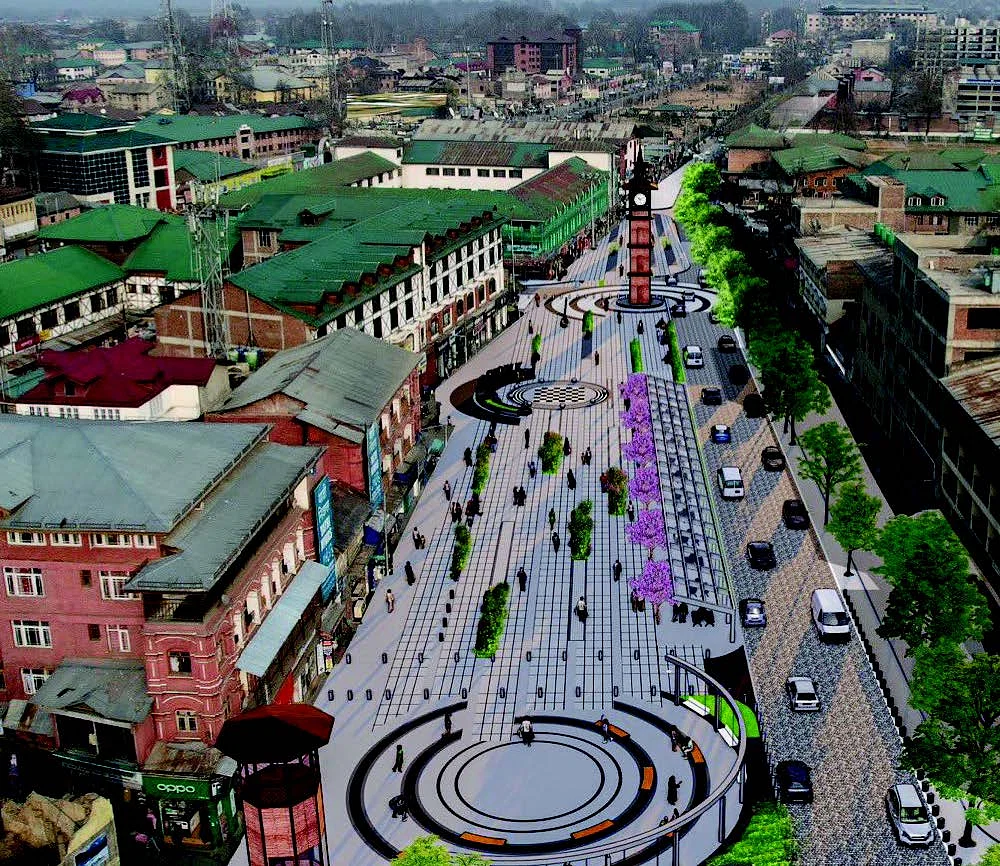
Srinagar’s transformation from a devastated city to a smart city has put the summer capital of Jammu and Kashmir on par with India’s major cities.
It should be remembered that until August 5, 2019, when the Centre revoked J&K’s special status and divided the state into two Union Territories, Srinagar was notorious for observing shutdowns, witnessing stone-pelting, and separatists delivering anti-national sermons in the heart of the city. Neither a shutdown nor a stone-pelting incident has occurred in Srinagar in the last three years.
No separatist has delivered a lecture to preach sedition, separatism, or disturbing the peace. Instead, the city has become vibrant and buzzing with activity. It has regained its lost lustre and is set to host the G20 summit in May of this year.
Over 80 construction projects are currently underway throughout the city. Srinagar is being revitalised with the reconstruction of major roads, pathways, cycle tracks, and drainage systems, among other things. Once completed, the work will give Jammu and Kashmir’s summer capital a new look with improved facilities and a clean environment.
The overall budget for the project, according to officials, is Rs 3,000 crore, of which Rs 2,000 crore has already been allocated to line departments working on various projects in collaboration with Smart City Limited, while Smart City Limited has a budget of around Rs 1,000 crore.
The project includes several pan-city projects aimed at improving urban mobility, improving roads, and upgrading public transportation facilities throughout the city.
The transformation of Srinagar from a desolate city to a vibrant business hub indicates that normalcy has returned to JK, which has been subjected to Pakistan-sponsored terrorism for three decades.
From 1990 to 2019, there were numerous encounters between security forces and terrorists in Srinagar, including Lal Chowk, the city’s heart. Terrorists wasted no time in destroying J-K’s summer capital, carrying out suicide attacks and grenade throws in crowded areas.
As many trendy malls have opened in the last three years, the government has embarked on a mission to erase the scars of the past. Several historic structures have been renovated and refurbished.
A peaceful and resurgent Srinagar is attracting thousands of tourists, providing a much-needed boost to the local economy.
In many ways, the ongoing smart city project is a step towards restoring vintage old Srinagar, when everything was so peaceful.
Notably, Srinagar has been accepted into the UNESCO Creative Cities Network (UCCN) in the category of craft and folk art in November 2021. It was the only city in India to receive this honor, one of 49 worldwide.
This network included a total of 246 cities until 2021. The goal is to create resilient, sustainable, and future-proof cities. At the local level, Srinagar is supporting the United Nations 2030 Agenda for Sustainable Development.


